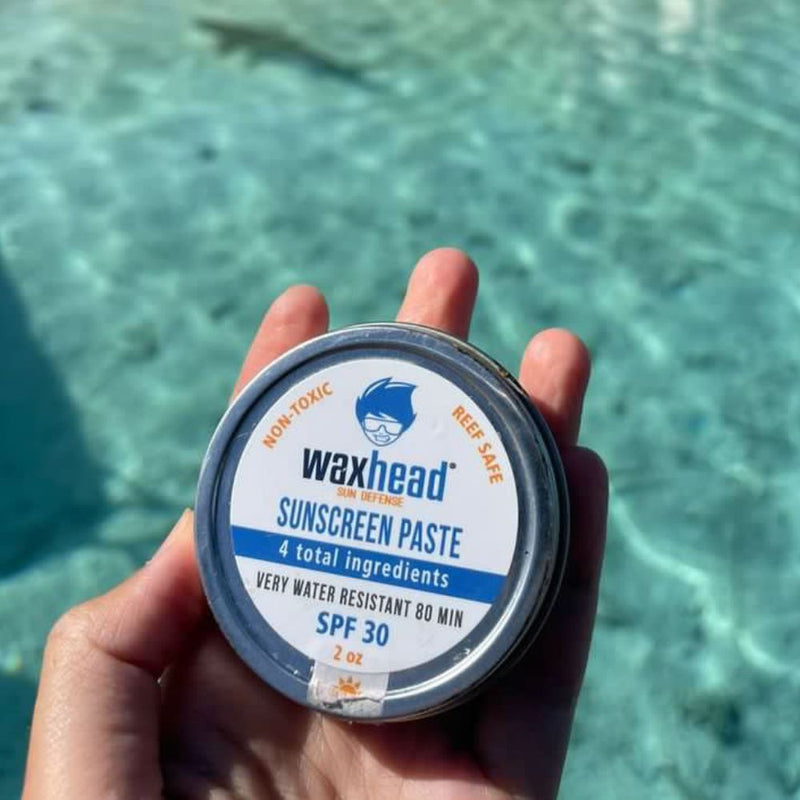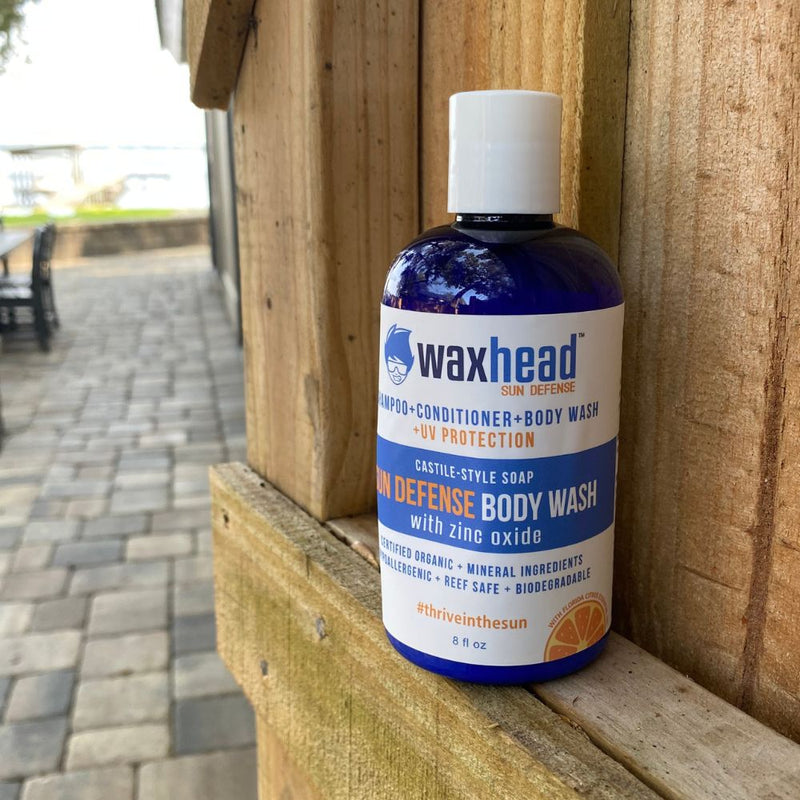What do Antioxidants do?
Antioxidants do two things: they decrease free radical production, and they neutralize those already created. An antioxidant works by seeking out free electrons and pairing one of its own with the free radical electron, stabilizing it so it can’t do damage.
You might ask, “Why don’t antioxidants, which lose an electron, get in on the chain reaction?” The answer is a bit beyond the scope here, but in short, antioxidants don’t become unstable after giving up an electron. In essence, they act as a sort of control rod used to control nuclear reactions – they’re able to stop the chain reaction without becoming a part of it.
“A dietary antioxidant is a substance in foods that significantly decreases the adverse effects of reactive species, such as reactive oxygen and nitrogen species, on normal physiological function in humans.” - Institute of Medicine

Do Free Radicals matter to my skin?
Free radical damage is a biggie, as anything that damages cells is a bad thing for skin. Oxidation and free radicals are the reasons an apple turns brown when it’s exposed to oxygen in the air. Learn more: What are Free Radicals?
What do Antioxidants do to help my skin?
Skin can be damaged by all sorts of free radical production, and one of the most significant sources is UV sunlight, which causes skin cells to release free radical oxygen.
This damages and possibly alters DNA, and skin cells may turn cancerous and replicate.
However, maintaining enough antioxidants in your skin and body can neutralize the free radicals, preventing and slowing damage to the skin as well as skin cancer growth.
Vitamin C is a great Antioxidant
Vitamin C is water-soluble, so it works mainly within cellular fluids. Affecting cells on the inside and outside of the body, with significant daily intake it does many helpful things for the skin.
Based on multiple studies, these benefits rely on consistent, daily vitamin C intake of 500 milligrams, much higher than the daily value of 90 milligrams per day recommended for adults. So unless very large amounts of fruits and vegetables can be eaten regularly, a supplement is needed.
Greater amounts can be taken at a time, but because it’s water-soluble, excess tends to pass through the body, especially if ingested orally. To increase the absorption of greater intake levels, it can be taken intravenously – but the water-soluble trait will continue to limit absorption efficiency, and the best long term approach is the slower, steadier 500mg per day, every day.

Use Zinc Oxide Sunscreen
Uncommonly gentle, use it daily to nourish and defend sensitive skin from the sun.
Enhanced with non-GMO Vitamins D + E and made with 25% non-nano zinc oxide.
VIEW PRODUCT DETAILS
Vitamin E is another a great Antioxidant
Vitamin E is fat-soluble and possibly the most efficient chain-breaking antioxidant. It’s a first-line defender against oxidation and protects lipids (building blocks of cell membranes and other biochemical structures) from free radical damage.
Studies show these benefits rely on consistent, daily vitamin E intake of 150-300 milligrams, much higher than the daily value of 15 milligrams per day recommended for adults. Since few foods contain significant amounts of vitamin E, most adults should take some form of an E supplement.
Because excess amounts are stored in fat and in particular the liver, reasonable care should be taken to avoid massive amounts, as they can cause chronic issues. However, a 150-lb person can easily avoid the possibility of chronic overdosage by limiting to 1,000 milligrams per day (almost 67 times the FDA’s recommended daily allowance), as can those of lower weights, including children, with proportionally lower intakes.
Vitamin C and E work best Together
Yes, they are absolutely synergistic, mainly because one is water-soluble (C) and one is fat-soluble (E), so they tend to act in and protect different parts of the body.
Vitamin C also helps E remain fully activated as an antioxidant. Both work best when absorbed with food, whether within the food itself or by a supplement.
NEXT STEPS
1. Know your ingredients — Flip over your sunscreen and read the ingredients. We want everyone to know what good ingredients are, regardless of whether they use our products or not. Your health is worth it.
2. Buy safe sunscreen — Waxhead is dedicated to using only the healthiest, safest, most effective ingredients in our sunscreens. Shop Safe Sunscreen here.
3. Teach a friend — If you know someone who might still be buying sunscreen with questionable ingredients, please share this post with him/her.





























